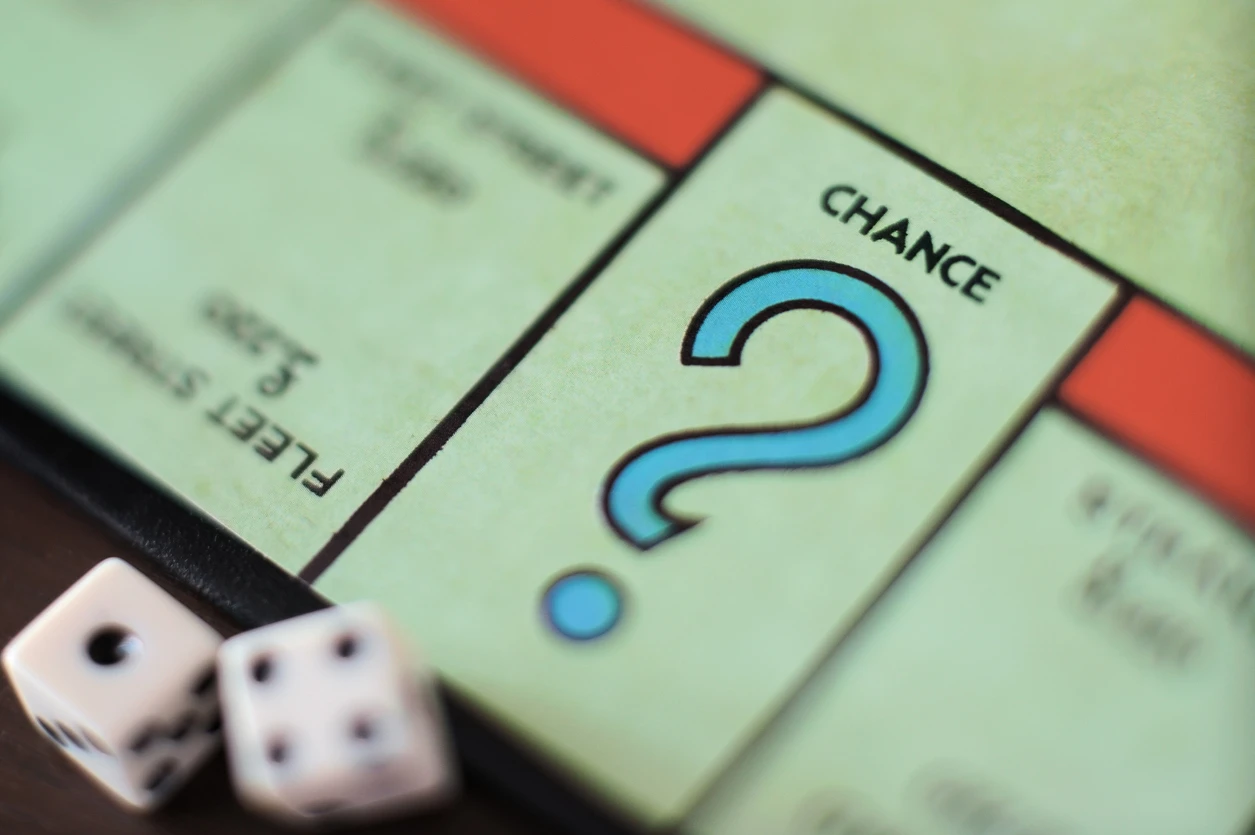Nordic gambling monopolies won’t last say Swedish and Danish trade bodies

Both Hoffstedt and Ronde agree there is no place for a state gambling monopoly in the commercial gambling sector, as the government’s role causes major conflicts of interest.
“In western society, the normal model is private companies run businesses, while governments and parliaments set and supervise the rules. But among the Nordic countries, the state is also quite an aggressive commercial operator,” says Hoffstedt.
“It’s very common for state operators to assign ex-politicians as chairman or whatever of the state operator, so there is an unhealthy relationship between the state and the state-owned gambling operator.”
The current state of Denmark and Sweden’s monopolies
Denmark, Sweden and Finland’s monopoly operators have faced decreasing market share in recent years due to their inability to compete with commercial operators. And trade bodies and industry stakeholders have called for the state to sell parts, if not all, of their monopoly stakes.
In Denmark and Sweden the Danske Spil and Sveska Spel monopoly operators have exclusivity over lottery and horse racing betting. The two do offer commercial products within their market, although in both instances the respective government still owns a majority stake in these operators.
Upon regulation in 2019, Svenska Spel was split into a holding company with two entities, one monopoly entity and one competitive entity. This was so the company could comply with competition law, Hoffstedt notes, although that claim has not been formally challenged.
In June 2022, Sweden’s Moderate Party – which Hoffstedt used to represent as an MP – and BOS called on the government to privatise the competitive business. These plans have not yet been put into action, even after the party took power that year. Its coalition partner, the right-wing populist Swedish Democrats, have since questioned delays in enacting this pre-election pledge.
Ronde has made similar requests of Denmark’s Social Democrat government, but he notes there has been no interest from them to sell their stake in the monopoly.
“It has just become a money grab”
“I don’t see why the [the state] has any role in a completely open competitive market,” Ronde tells iGB. “I think it has just become a money grab and even the ministries of finance around Europe know there’s going to be an end to this model, but they’re going to milk it as long as they can.”
Denmark’s Danske Spil entered the country’s competitive gambling market in 2012. Its commercial gaming arm Danske Licens Spil debuted with 60% market share that year. This has since fallen to 25% amid competition from more nimble commercial operators.
“I think the market itself will dilute the monopoly model. In Denmark the monopoly started with a market share of almost like 60%, they’re down to 25% now, so I think the market will regulate itself over time,” Ronde says.
BOS’ Hoffstedt says Sweden’s Svenska Spel monopoly has experienced “reasonable success” since the country opened up with online gambling sector in 2019.
However, Svenska Spel had a significant competitive advantage in being able to cross-sell to its commercial players and using its long-established branding he notes.
And Sweden has 75 commercial operators live in the market and is thriving, Hoffstedt adds. There is no need for a state-owned operator in the mix.
Finland rushing regulation to save its gambling monopoly
In Finland, various stakeholders have argued that the government is rushing to liberalise its online gambling sector to save the stuttering Veikkaus monopoly.
Veikkaus’ earnings have decreased in the face of tightening responsible gambling rules, effectively ceding the market to offshore competition. It expects performance to improve in a liberalised framework.
“Veikkaus hasn’t been competitive [for some time],” Finnish lawyer Antti Koivula previously told iGB. “They’ve lost something like 40% of their gross gaming revenue just in the matter of roughly five years. That’s quite significant.”
Finland aims to launch its regulated market in January 2026, after drafting early regulations in July. Industry consultant and former Veikkaus executive Jari Vähänen has publicly advised the government to sell off its interest in the company.
“State ownership of a gambling company operating in a competitive market is at least a questionable solution,” he wrote in his response to the government’s draft legislation.
What about Norway?
As for Norway, there has been little indication that a transition away from the full monopoly is on the cards. For now, only Norsk Tipping and Norsk Rikstoto are licensed to operate retail slot machines, lottery, online casino and sports and horseracing betting.
However, the country’s Conservative party has for the first time expressed support for the reregulation of online gambling and an end to the current monopoly system.
These views were set out in its 2025 general election manifesto, championed by a small committee of party members.
This gives Norway’s reform campaigners hope. Local gambling trade body, Norsk Bransjeforening for Onlinespill (NBO), believes the market could be opened up as soon as 2028, thanks to this new political push for a regulated gambling sector.
UK lottery model should be adopted in the Nordics
Both Ronde and Hoffstedt point to the UK National Lottery as a good example of how a monopoly should function. Essentially its remit should extend no further than the lottery.
In the UK a tender process selects a private operator to run the national lottery for up to 10 years. Then a new competitive tender is issued. This did create a monopoly of sorts, in that Camelot prevailed in every tender from the lottery’s launch in 1994 until Allwyn won the fourth National Lottery licence in 2022.
“My honest opinion is that the lotteries should use the UK model where they only operate an actual lottery,” Ronde concludes. Although Ronde acknowledges one benefit to a full monopoly is continuous investment into the lottery, while a tender approach may not support that.
“I believe that those Nordic state operators will be privatised, not tomorrow, but in due course,” says Hoffstedt.
